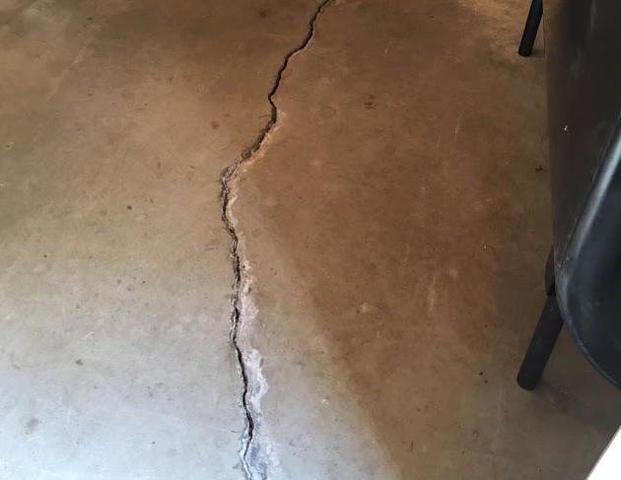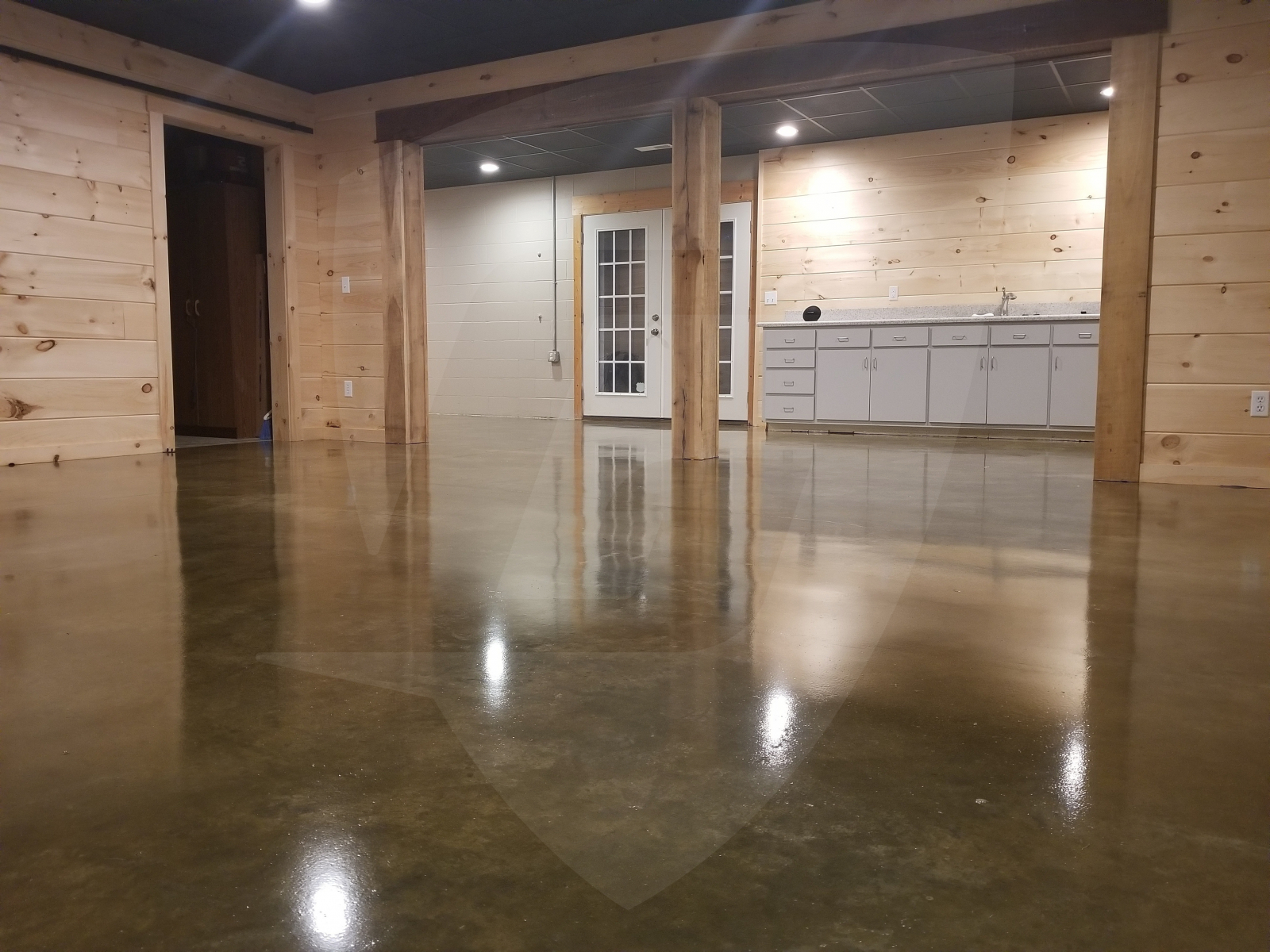My Basement Floor Is Rising

Water pressing up underneath the floor in cases such as this there can be an extremely high amount of pressure pushing upwards on the basement floor from the water that actually lifts the floor upwards.
My basement floor is rising. The cause of the damage can vary based on the type of basement you have and what floor material you use. Painting your basement floor waterproofs your home and protects it from mold and fungal growths. Painting your basement floor ensures that the foundations remain waterproof and you don t have to deal with any musty odors in the. This pressure can also cause the basement floor and walls to crack.
Laminate basement flooring precautions. Water near exterior foundation wall or stains on foundation wall. Make sure to not only contact your laminate flooring retailer but also the flooring manufacturer as well as your flooring installer if you didn t do the installation yourself. Most traditional laminates are made with a waterproof surface layer a decorative layer and then fiberboard backing this backing is what is susceptible to moisture and if it comes in contact with liquids it can warp twist rot and start to grow mold and mildew.
Rising groundwater causes hydrostatic pressure and that causes soil to push on your basement walls and floor. If there are gaps in the concrete floor such as cracks or where the basement floor meets the foundation wall the cove joint or seam between the foundation and the floor slab ground water is forced up through them and into your basement. When the soil heaving really gets invasive is when interior framed walls load bearing and or non load bearing get pushed upwards affecting the main floor framing system. If you notice humps bumps ridges or bulges in your basement floor these could be signs of serious damage beneath the surface.
In one case the homeowner drilled a hole in this floor and water shot upwards through the hole to hit the ceiling. The paint seals the concrete and prevent rising damp while providing your basement floor with a non skid surface. As the water table rises the amount of hydrostatic pressure increases. Seepage usually occurs when there are cracks in your basement s concrete foundation walls or if you have an old house when the brick cmu or stone foundation leaks.
If the water in your basement seems to be only near the exterior foundation walls then the problem is likely surface water that isn t draining away properly. If your basement is in the way and there are structural deficiencies or cracks in the concrete then your basement becomes the path of least resistance and the groundwater goes there. Some causes have easy fixes such as replacing certain parts of the flooring. Seepage is when your basement floor gets some little rivulets and puddles of water usually no deeper than 1 4 to 1 2 deep which soaks and ruins the carpet in the finished portion of a basement.














































